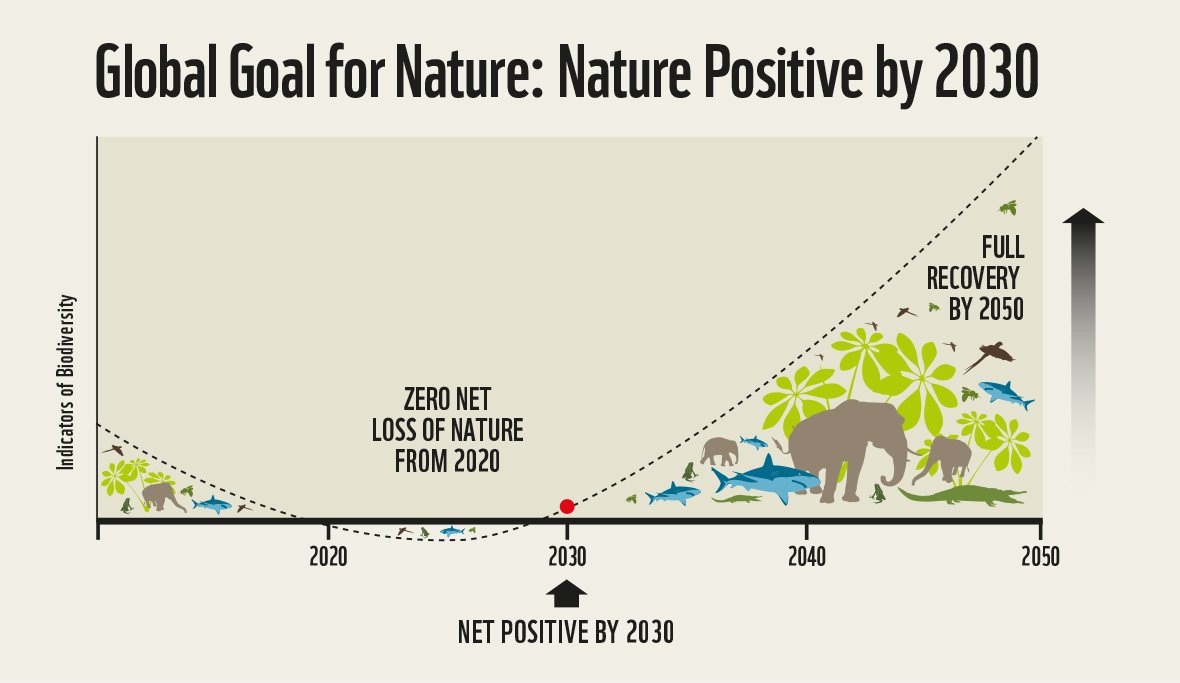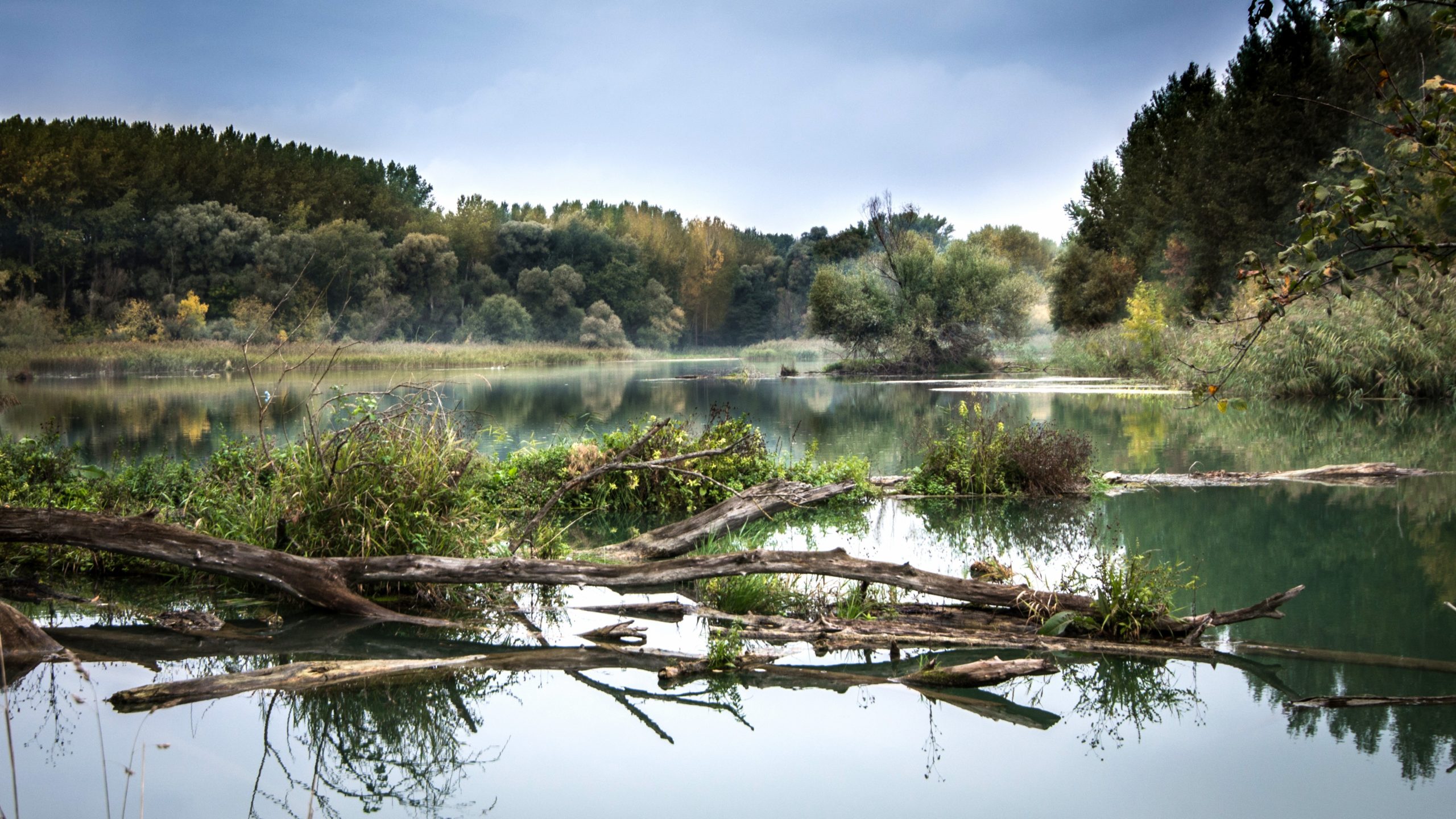Becoming Nature Positive
Nature Positive means halting and reversing nature loss so that species and ecosystems start to recover.
For a university, we consider that being Nature Positive means restoring species and ecosystems that have been harmed by the impacts of a university and its activities and enhancing the university’s positive impacts on nature.
This refers to everything a university does, from its teaching and research work to the operations and supply chains that keep it running.
To be Nature Positive there must be a measured biodiversity baseline, timeframe, a target, clear actions, analysis of how actions add up, monitoring and transparent reporting.
Everyone’s going Nature Positive – but what does it mean? A blog post by Professor E.J. Milner-Gulland
A global goal for nature
The global goal for nature defines what is needed to halt and reverse the catastrophic loss of nature. It is supported by a number of organisations that ask governments to adopt the goal at the international level, which each country, the private sector, communities and others can contribute to achieving.
Why should universities commit to Nature Positive?
“Biodiversity is vital to the survival of life on earth. Protecting our biodiversity assets, at a global scale, has never been more important.” André-Martin Bouchard, WSP
Setting and meeting ambitious targets for nature is vital to protecting life on earth and ensuring a liveable planet for future generations. Governments, industry and businesses are starting to make Nature Positive commitments to complement the rapid decarbonisation required to stabilise the climate. Organisations such as Business for Nature are calling for mandatory disclosure of nature impacts. Universities have a unique opportunity to lead and influence their communities and cities on this important journey.
How does this fit with climate targets?
Climate change contributes towards biodiversity loss, and collapsing ecosystems release carbon and further contribute to climate change. Nature conservation and restoration can provide solutions to both the climate and ecological crises.
Universities worldwide are committing to decarbonisation and initiatives such as the Educational Race to Zero, in line with limiting global heating to 1.5 degrees. Many of the measures to reduce carbon will also reduce biodiversity impacts.
Can we be a Nature Positive University?
There are many factors outside of our spheres of influence that require a global transformation to enable truly Nature Positive outcomes. Therefore many consider that an individual business or university should not be considered Nature Positive.
However this should not stop us beginning our urgent journeys towards Nature Positive. Researchers from all disciplines can help us imagine what a Nature Positive future might look like, and help plot a path for how we might get there. Please contact us to explore collaborations.






